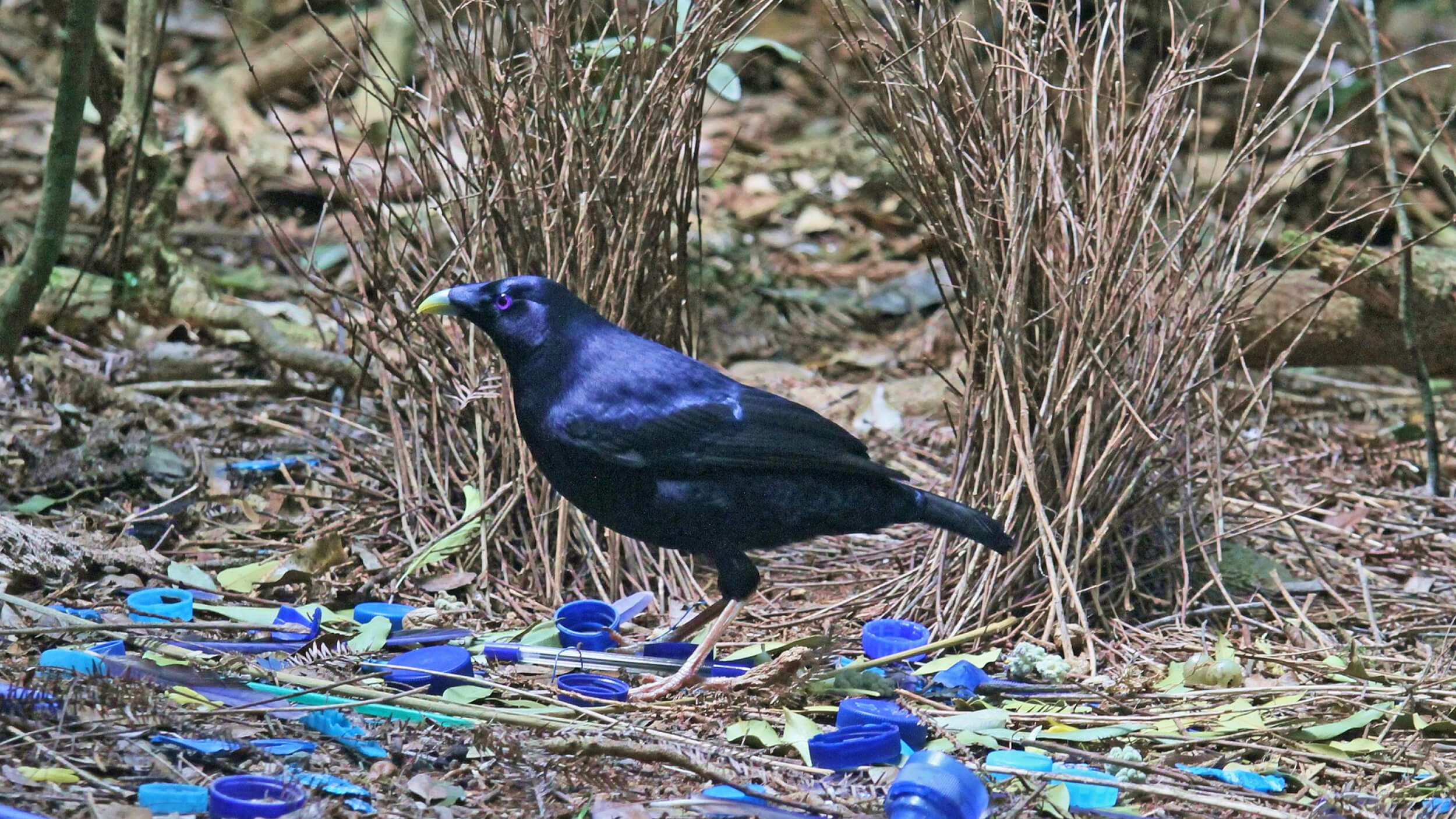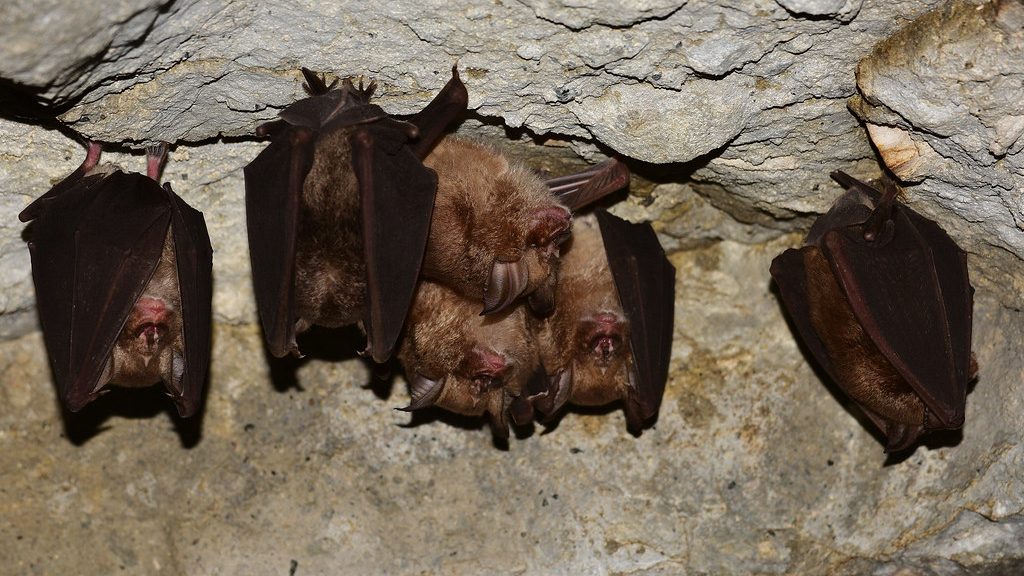The Science of Lying
“With deception so significant a part of the natural world, it’s little wonder we resort to it almost reflexively. Indeed, who’s not to say that lying isn’t an in-built part of human nature?” asks the Independent.
Sign up for Big Think on Substack
The most surprising and impactful new stories delivered to your inbox every week, for free.
“With deception so significant a part of the natural world, it’s little wonder we resort to it almost reflexively. Indeed, who’s not to say that lying isn’t an in-built part of human nature?” asks the Independent. Despite decades of research, there is yet no reliable scientific test to determine if someone is lying, in part because the gap between truth and falsehood is highly mediated by our own rationalizations. “Not only do we learn deception early, and then hone our skill over time, but we use it as a means of achieving success: social, professional, sexual. Indeed, in this respect, lying has come to represent an important evolutionary tactic – one frequently replicated in the world around us.”
Sign up for Big Think on Substack
The most surprising and impactful new stories delivered to your inbox every week, for free.





